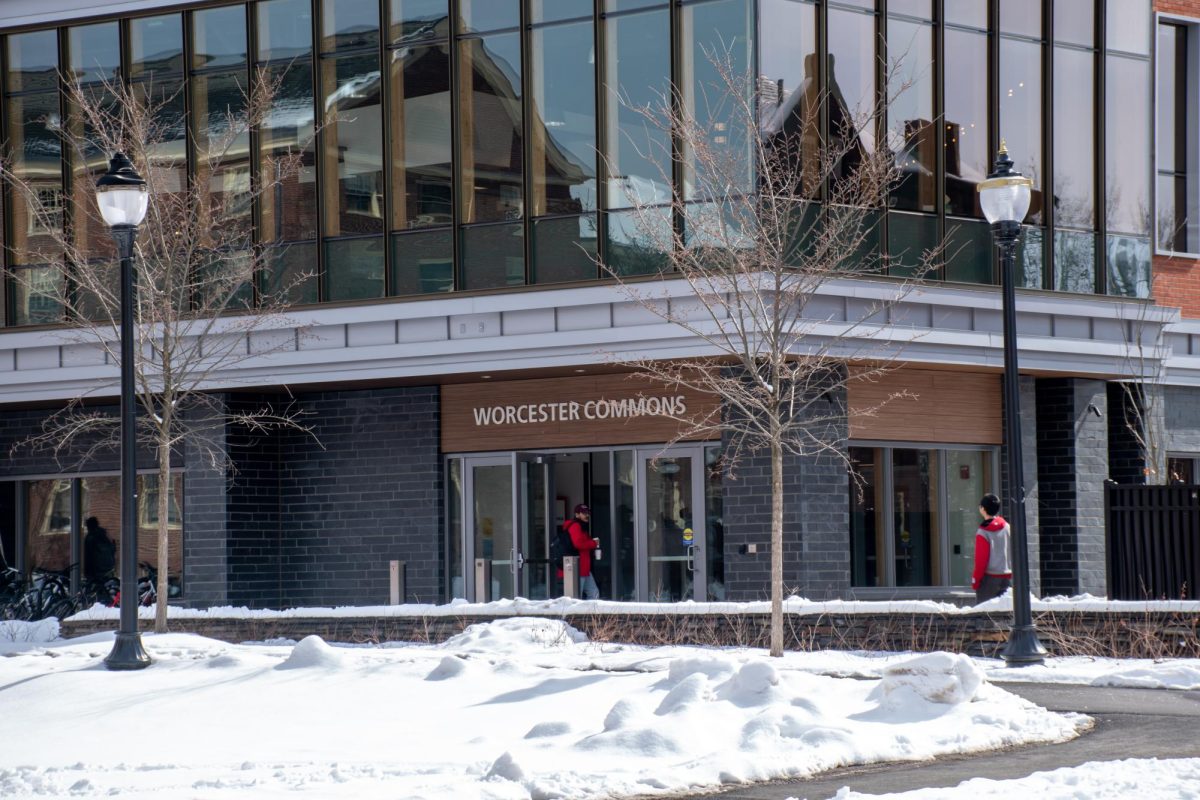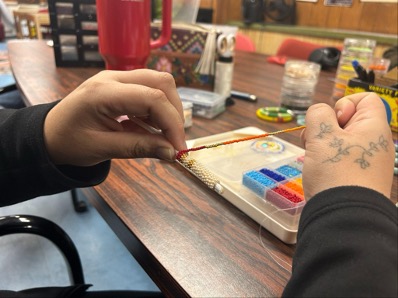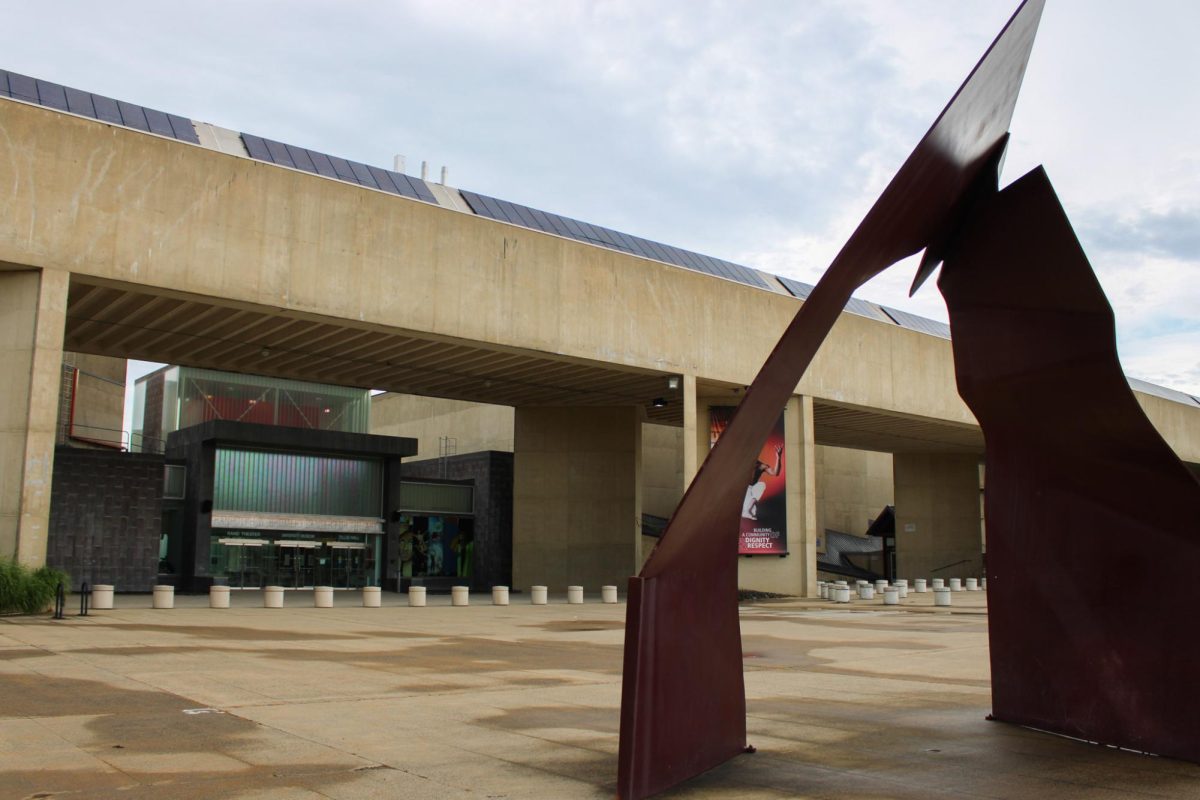Generative AI tools, like ChatGPT and Google’s Gemini, are part of the beginning of the integration of AI into many people’s lives. For some, especially students, there is a balance between the usefulness and ethics of new technologies with incorporating AI into schoolwork.
One challenge is the varying and unclear guidelines about AI at the University of Massachusetts Amherst. “I have some professors who say it’s not allowed, I have some who use it in the lesson plans and I have some who often just joke about the fact that they assume everyone is using it,” Kevin Tracy, a first-year graduate student majoring in data analytics, said.
Tracy said the lines were occasionally blurred further if some instructors would use AI in demonstrations or examples for the class, but then encourage students to not use the technology for their own work.
The Academic Matters Council, a committee of the UMass Faculty Senate, proposed a new Academic Integrity Policy to the Student Government Association in October 2024. The new policy, which is still a draft, aims to clarify and modernize the language of the current Academic Honesty Policy.
“It’s a 20th-century policy in a 21st-century environment because, well, there’s zero mention of digital technologies,” Allison Butler, the Chair of the Academic Matters Council and a Senior Communications Lecturer, said. “Quite frankly, why would there be? That wasn’t something that was part of your world as a student or my world as a faculty member at that time when the policy was written.”
The new policy explains how violations of the guidelines can occur digitally as well.
“We’re trying to make it a manageable policy to read,” Butler said. “Let’s be honest, unless you are like a super policy wonk, anybody who is going to be reading this policy is probably going to be reading it under duress.”
The council hopes for the new policy to clarify definitions of academic integrity violations as well as to explain what students and educators can do at each step of the process to help them navigate stressful situations.
When dealing with breaches of academic integrity, the new policy aims to approach each instance with curiosity instead of accusations. Butler said the goal is to hopefully “flip the narrative” for students who find themselves in those situations.
“Most students, when they violate the academic integrity policy, they’re not serial offenders,” Josh Braun, a journalism professor at UMass, who specializes in the intersection between technology and media, said. “They’ve had some really horrible semesters where there was a death in the family or there was a financial crisis and they had to work ridiculous third shifts and stuff like that. Basically, they see cheating as something they’re going to do just once to just restore normality to their lives and then they’ll move on.”
By providing support for students, Braun hopes students can come out of the experience with better learning skills rather than disciplinary action.
The new policy does not provide specific rules about what usages of AI are permitted or prohibited in classrooms. Instead, the policy encourages instructors to have clear and open conversations with their classes about the acceptable use of technology.
The hope for this policy is that it can serve as the outline for academic integrity standards in the future, according to Butler. As new technology requires new interpretations of the academic integrity guidelines, the policy’s principles approach issues with curiosity and places importance on clarity.
The Faculty Senate will read through the draft during their meeting on Thursday, Dec. 5, and will hold a vote sometime in February, according to Faculty Senate Secretary Anthony Paik.
Michael DiLeo can be reached at [email protected].



















